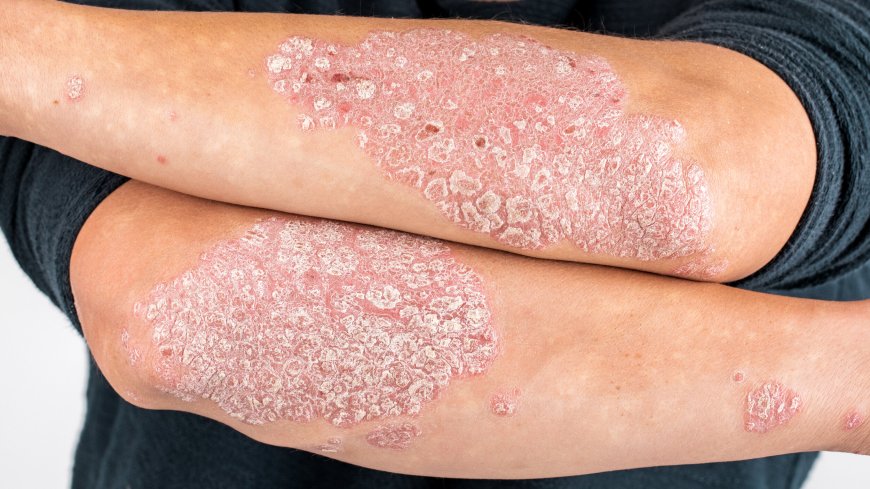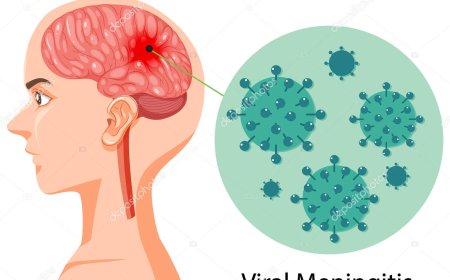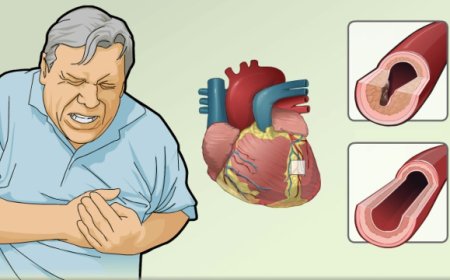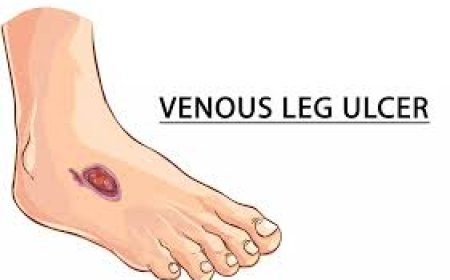Psoriasis

Introduction:
Imagine your skin being covered with itchy, red, and scaly patches that never seem to go away. This is what some people in India and around the world experience due to a condition called Psoriasis. Psoriasis is a chronic skin disease that affects millions of people, including children. In this article, we will explore what Psoriasis is, its different types, signs and symptoms, causes, diagnostic tests, treatments, and how we can prevent it.
Signs and Symptoms:
Psoriasis shows up on the skin in different ways. The most common signs include red patches with silver-white scales. These patches can be itchy and painful. They usually appear on the elbows, knees, scalp, and lower back, but can also be found on other body parts.
What Is Psoriasis?
Psoriasis is a skin condition caused by an overactive immune system. Normally, our immune system helps protect us from germs and bacteria, but in Psoriasis, it mistakenly attacks healthy skin cells, causing them to grow too quickly. This leads to the buildup of dead skin cells, resulting in those itchy, scaly patches.
How Is Psoriasis Classified?
Psoriasis is classified into different types based on its appearance and severity:
-
Plaque Psoriasis: This is the most common type, characterized by red, thick patches with silver-white scales.
-
Guttate Psoriasis: It appears as small, drop-shaped spots on the skin. It is often triggered by infections like strep throat.
-
Pustular Psoriasis: This type causes small pus-filled blisters to form on the skin.
-
Inverse Psoriasis: It affects skin folds, like the armpits and groin, appearing as smooth, red patches.
-
Erythrodermic Psoriasis: This is a severe form that covers large areas of the body with redness and scaling.
Causes and Triggers:
The exact cause of Psoriasis is not fully understood, but it is believed to be a combination of genetic and environmental factors. Some common triggers that can make Psoriasis worse include stress, infections, injuries to the skin, certain medications, and cold weather.
Risk Factors:
Certain factors increase the risk of developing Psoriasis. Here are some examples:
-
Family History: If someone in your family has Psoriasis, you have a higher chance of getting it too.
-
Age: Psoriasis can start at any age, but it often appears in young adults.
-
Obesity: Being overweight can increase the risk and severity of Psoriasis.
-
Smoking and Alcohol: These habits can make Psoriasis worse.
-
Infections: Streptococcal infections, like strep throat, can trigger guttate psoriasis.
Diagnostic Tests:
To diagnose Psoriasis, a doctor will examine your skin and ask about your medical history. In some cases, they may perform a skin biopsy, where a small piece of skin is taken and examined under a microscope to confirm the diagnosis.
Treatments:
Although Psoriasis cannot be cured, there are many treatments available to manage its symptoms:
-
Topical Treatments: Creams and ointments applied to the skin can help reduce inflammation and scaling.
-
Phototherapy: Controlled exposure to ultraviolet light can improve Psoriasis.
-
Systemic Medications: In severe cases, oral or injectable medications that affect the immune system may be prescribed.
-
Biologics: These are advanced medications that specifically target parts of the immune system responsible for Psoriasis.
Complications of Psoriasis:
If left untreated, Psoriasis can lead to complications like psoriatic arthritis (painful joint inflammation), emotional distress, and social isolation due to the appearance of the skin.
Prevention Techniques:
While Psoriasis cannot be prevented entirely, you can manage it better with these tips:
-
Moisturize: Keep your skin moisturized to reduce dryness and itching.
-
Avoid Triggers: Identify and avoid triggers that worsen your Psoriasis.
-
Stay Healthy: Adopt a healthy lifestyle with a balanced diet and regular exercise.
-
Manage Stress: Practice stress-reducing activities like yoga or hobbies you enjoy.
Psoriasis can be challenging, but with proper understanding, care, and support, it is possible to live a fulfilling life even with this condition. Remember, it's essential to consult a doctor for the right diagnosis and treatment. By taking care of our skin and overall health, we can make sure our skin story remains a happy one.
What's Your Reaction?
 Like
0
Like
0
 Dislike
0
Dislike
0
 Love
0
Love
0
 Funny
0
Funny
0
 Angry
0
Angry
0
 Sad
0
Sad
0
 Wow
0
Wow
0









































































